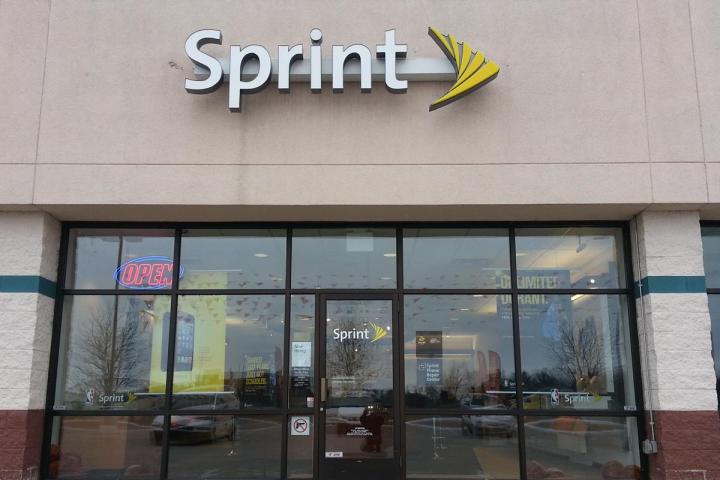
Sprint still sells “unlimited” data plans, but its definition of unlimited does not mean no limits. The company has revealed that it will throttle back customers that it considers heavy users of data, even if they are signed up for unlimited data plans. The move mimics that of rival T-Mobile, which also slows down data speeds for customers once they exceed a cap.
According to FierceWireless, the carrier’s customers have received text messages to alert them of what it calls “prioritization management” to prevent network congestion. ”Beginning 6-1-2014, to provide more customers with a high quality data experience during heavy usage times, Virgin Mobile USA may manage prioritization of access to network resources in congested areas for customers within the top 5 percent of data users,” the company’s text message reads.
The prioritization management measures will affect Sprint customers on and off contracts as well as the company’s Virgin Mobile USA and Boost Mobile sub-brands. On its FAQ page, Sprint said that it would be employing fairness algorithms to “dynamically allocate available bandwidth in a way that is fair to all users.”
“The goal of congestion management is to enable the majority of users to have access to a fair share of the network at peak times, when congestion occasionally occurs,” reads the FAQ. “Most customers will notice an improved wireless data experience due to Sprint’s congestion management. Customers subject to prioritization may experience reduced throughput or speed compared to their normal experience on non-congested sites.”
Data throttling is nothing new to Virgin Mobile and Boost customers. In 2012, the companies started slowing down the data speed of its customers to 256 kilobytes per second (kps) once they reached 2.5GB of data usage. Now, it’s gotten worse, since data speeds would crawl to 128kbps.
In the FAQ page of the Boost Mobile website, the company defended the use of the word “unlimited” to describe its data plan. It said that customers will still have data access after breaching the service’s 2.5GB monthly allocation, it’s just that the speed would slow down to 2G.
“There is no cap on the amount of data you use, nor do we charge for any quantity of data usage above any particular amount. We are simply reducing the throughput data speeds only when a customer reaches the 2.5GB monthly data threshold. We are still providing our customers with unlimited data access and no data overage charges, and it’s likely that the vast majority of our customers won’t reach the threshold, given current usage reports,” Boost says.
The prioritization measures are meant to target the top 5 percent in terms of data usage. There’s no exact number that would land you in the top 5 percent and the figure will change from month to month. So if you’re a heavy user of data a healthy dose of paranoia would be advisable. The company estimates that using 5 gigabytes of data will land you in congestion management jail. Imprisonment will last until the following month. Repeat offenses, on the other hand, will mean that a user “will continue to be subject to prioritization.”
If you want to get a rough estimate of how much data you will use, Sprint is providing users with a data calculator tool, which you can find here.
Editors' Recommendations
- Verizon’s new Welcome Unlimited plan makes 5G data a lot more affordable
- Best applications for Android data recovery
- AT&T’s top unlimited plan removes throttling, upgrades HBO Max to 4K
- How to reduce data usage on your smartphone
- T-Mobile’s new Magenta Max plan offers truly unlimited 5G data, 40GB of hot spot


